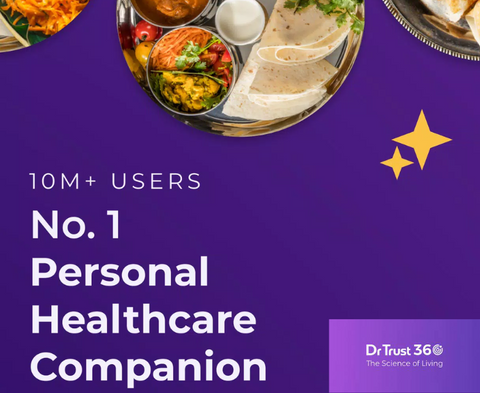Losing weight requires making healthy lifestyle changes. By avoiding few things, you can set yourself up for success on your weight loss journey.

Losing weight can be a challenging task for many individuals. While there are several ways to achieve your weight loss goals, there are some habits and behaviours that can sabotage your progress. Here are ten things that you should stop doing if you want to lose weight:
1. Skipping meals
Skipping meals may seem like an effective way to reduce calorie intake, but it can actually do more harm than good. Skipping meals can slow down your metabolism, making it harder for you to burn calories. Additionally, it can lead to overeating later in the day, which can lead to weight gain.
2. Eating too fast
Eating too fast can lead to overeating because your brain does not have enough time to signal that you are full. Slow down and savor each bite to give your brain enough time to catch up with your stomach.
3. Drinking sugary drinks
Sugary drinks such as soda, juice, and sports drinks are high in calories and can contribute to weight gain. Instead, opt for water or other low-calorie beverages to quench your thirst.
4. Consuming processed foods
Processed foods such as chips, cookies, and frozen meals are often high in calories, unhealthy fats, and added sugars. Instead, focus on consuming whole, nutrient-dense foods such as fruits, vegetables, whole grains, and lean proteins.

5. Eating late at night
Eating late at night can interfere with your body's natural circadian rhythm, which can affect your metabolism and disrupt your sleep. Try to finish your last meal at least two to three hours before bedtime.
6. Not getting enough sleep
Sleep plays a crucial role in weight management. Lack of sleep can lead to hormonal imbalances that increase hunger and cravings for unhealthy foods. Aim for seven to nine hours of sleep per night to support your weight loss goals.

7. Mindless snacking
Mindless snacking can lead to overeating and weight gain. Instead of mindlessly snacking, plan ahead and have healthy snacks such as fruits, vegetables, and nuts on hand to satisfy your hunger.
8. Not exercising
Regular exercise is essential for weight management. It helps to burn calories, build lean muscle mass, and boost your metabolism. Aim for at least 150 minutes of moderate-intensity exercise per week to support your weight loss goals.
9. Not drinking enough water
Drinking enough water is essential for weight loss. It helps to flush out toxins and waste products from the body and can also help you feel full, reducing your overall calorie intake.
10. Not tracking your food intake
Tracking your food intake can help you stay on track with your weight loss goals. It can also help you identify problem areas and make necessary adjustments to your diet.
Dr Trust 360 App: An Ultimate Solution to Achieve Weight Loss Goals
Say goodbye to the hassle of calorie counting and hello to a healthier you. Whether you're looking to lose weight, gain muscle, or simply maintain a balanced diet, Dr Trust 360 has got you covered. With its advanced features and user-friendly interface, you can easily track your food intake, monitor your progress, and make informed decisions about your diet.

Its comprehensive food database and personalized recommendations ensure that you stay on track with your goals. So why wait? Download Dr Trust 360 today and take the first step towards a healthier and happier you. With just a few clicks, you can transform your diet and transform your life.

In conclusion, losing weight requires making healthy lifestyle changes. By avoiding these ten things, you can set yourself up for success on your weight loss journey. Remember to be patient with yourself, and celebrate your progress along with the Dr Trust 360 app!













